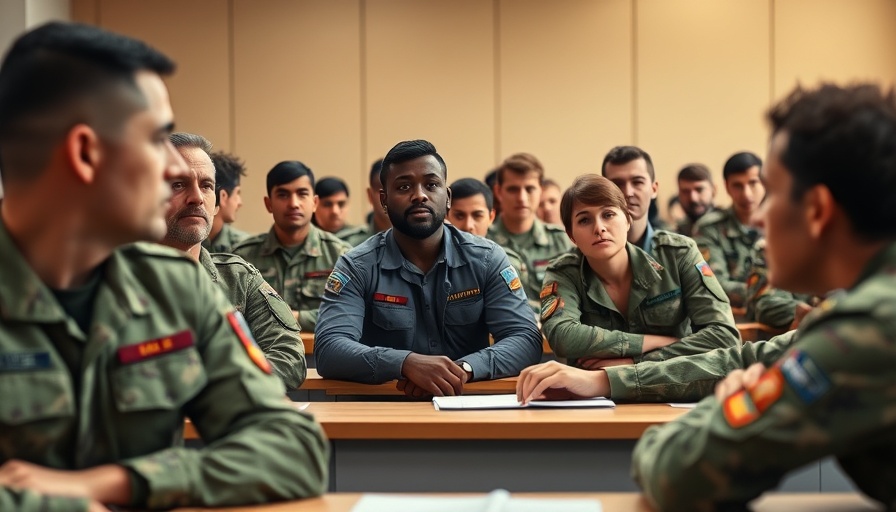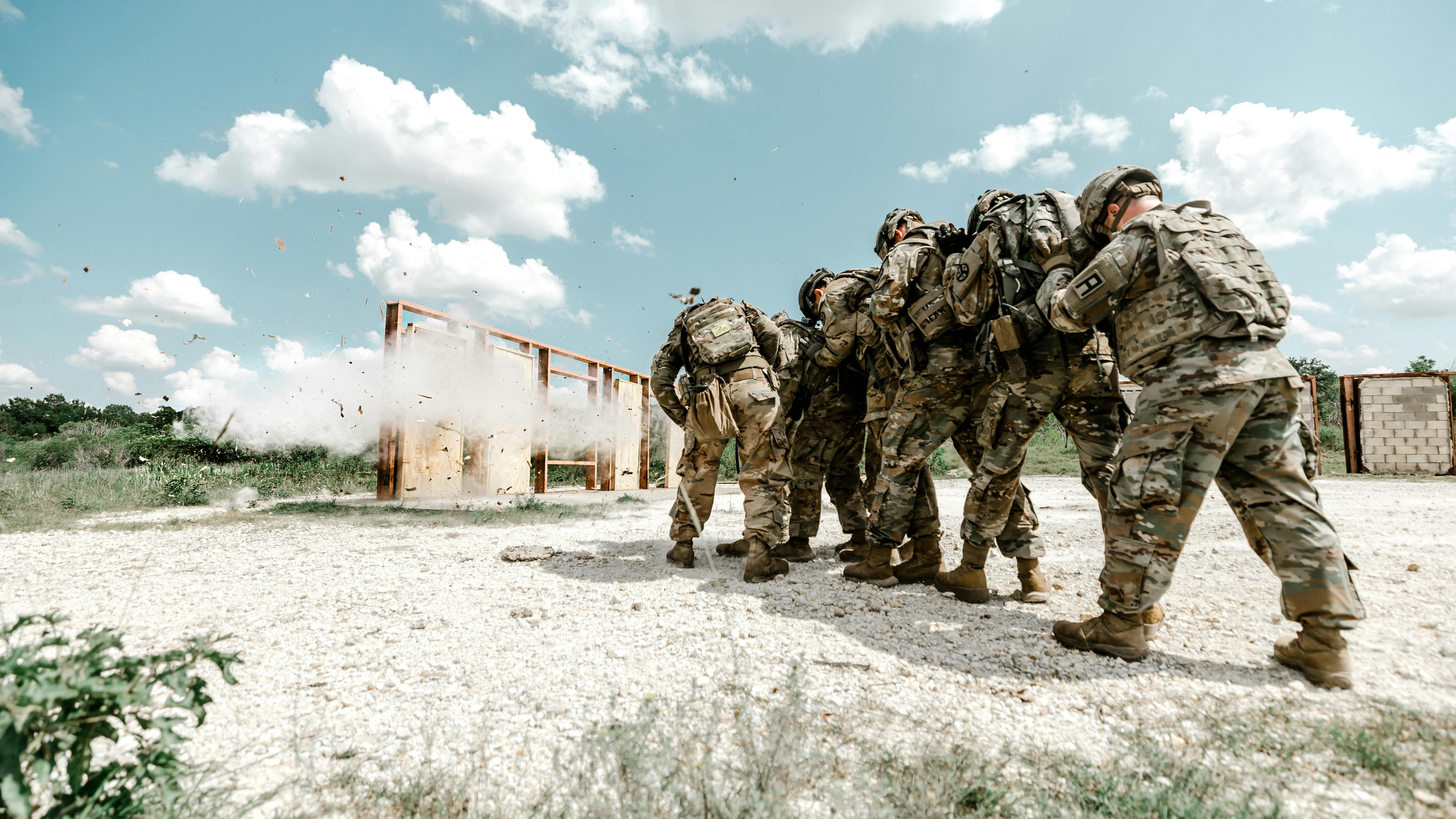
The Army's Recruitment Dilemma: A Call for Change
As the facade of military recruitment efforts strengthens, the Army is grappling with a critical issue: the declining interest of junior officers in pursuing long-term careers. This isn't just a statistical trend; it reflects a deeper cultural tide sweeping through the ranks of our military leaders. The aspiring leaders—lieutenants, captains, and warrant officers—represent the backbone of Army innovation and adaptation. Their dwindling numbers pose a challenge not only to organizational structure but also to the Army's capacity to navigate the complexities of modern warfare and leadership required by a force prepared for 2050 and beyond.
Introducing the Army Junior Officer Counsel: A Catalyst for Transformation
In response to this pressing crisis, the Army is spearheading a proactive initiative—the Army Junior Officer Counsel (AJOC)—designed to reverse attrition trends and reinvigorate the ranks of junior servicemen and women. This initiative, developed in collaboration with the Directorate of Military Personnel Management (DMPM), is not merely a program; it’s a dynamic ecosystem fostering innovation, collaboration, and continuous professional development. Junior officers are empowered to voice their ideas, tackle significant challenges, and ultimately shape the strategic future of the Army through actionable projects.
The SCORRED Method: A Path to Tactical Leadership
The operational backbone of the AJOC is the SCORRED model—a systematic approach that guides junior officers in transforming their feedback and insights into adaptable strategies. The steps include:
- Soliciting: Gathering ideas from junior personnel to address real-world challenges.
- Collecting: Analyzing data to uncover areas necessitating change.
- Organizing: Prioritizing initiatives that hold the highest potential for a positive impact.
- Researching: Investigating existing policies and procedures that may hinder progress.
- Refining: Iterating through feedback loops to develop effective solutions.
- Executing: Making actionable recommendations for senior leaders.
This structured approach encourages junior officers to adopt a critical-thinking mindset—an essential skill in both military and civilian arenas.
A Community Built on Collaboration and Innovation
Currently operational in four pilot brigades, including the esteemed 3rd Division Sustainment Brigade in Fort Stewart and the newly established IRONHORSE Brigade, AJOC fosters a community-centered environment. The junior officers engaged in this initiative are not just passive participants; they are active contributors to the continuous evolution of military leadership practices. Through collaborative sessions, they’re developing solutions that can improve existing processes—such as adjusting cyclic inventory schedules to optimize training and deployment periods.
Empowering Leaders for the Future: A Broader Vision
The broader implications of AJOC resonate beyond just junior officers; they touch on the future strategic capabilities of the Army itself. As we train the next generation of military leaders, we must ensure that they possess the resilience, adaptability, and innovation skills necessary to thrive in high-stakes situations. By engaging junior officers in constructive dialogues and decision-making processes, we’re cultivating an inclusive environment that celebrates creativity and empowers military leadership.
Closing: Why AJOC Matters for Every Stakeholder
Ultimately, initiatives like AJOC signify more than just internal military reformation; they embody a commitment to recognizing the value of each individual contributor within the ranks. For business leaders and corporate mentors looking to draw parallels from military strategies, the AJOC concept can serve as a template for fostering innovation and encouraging a proactive culture in their organizations. The lessons learned through AJOC's implementation will resonate beyond the battlefield, offering insights into how transparency, collaboration, and empowerment can enhance organizational effectiveness.
As we look toward the future, it is imperative that we honor and cultivate the essence of military valor and leadership. The success of the AJOC will ultimately determine not just the fortunes of tomorrow’s Army but also shape the trajectory of military and civilian leadership alike. Learn more about supporting this initiative and how these leadership strategies can translate into your professional life.
 Add Row
Add Row  Add
Add 




Write A Comment